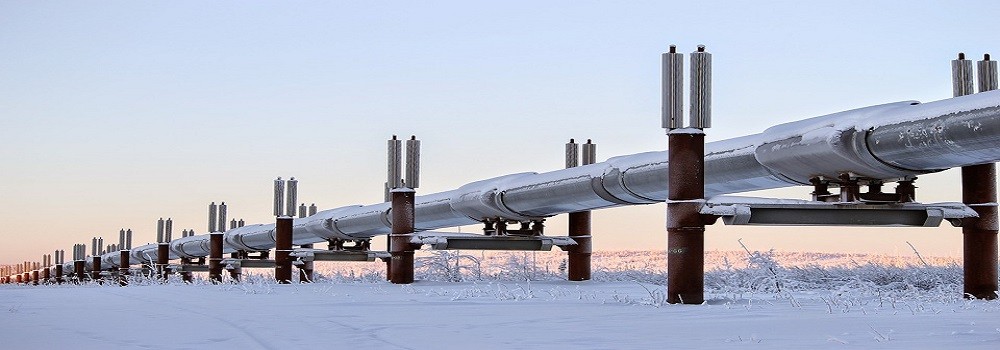

Better understanding and control of the corrosion of carbon steel can increase its application range and therefore have a large economic impact. Corrosion occurs in various forms, such as pitting corrosion from water droplets, embrittlement from hydrogen, and stress corrosion cracking from sulfide attack. Corrosion is fought by a complex system of monitoring, preventative repairs and careful use of materials. This course provides an overview of refinery process units and specific process descriptions, and focuses on the examination and identification of metallurgical problems that occurs in process units and methods of monitoring and damage reduction.
By the end of this course delegates will learn about:
Corrosion Control Engineers & Personnel, Process Engineers, Metallurgists, Inspection Personnel, Mechanical Engineers, Material Selection Personnel, Plant Contractors, Operations Engineers, Team Leaders & Supervisors, Maintenance Engineers, Maintenance Supervisors, Senior Plant Supervisors, Mechanical Engineers, Corrosion Control & Monitoring Systems Personnel, Equipment Engineers, Maintenance Engineers and Planners, Team Leaders, Managers & Coordinators, Construction Coordinators, Technologists, Safety Officers, Maintenance Team Leaders & Engineers, Design Engineers, Service Company Representatives, Oil and Gas Production Facilities Personnel, Chemists, Chemical Engineers, Inspectors and Inspection Engineers & Supervisors, Technicians and Supervisors, Environmental Specialists, New Petroleum Engineers, Asset Management Personnel, Construction Engineers, Refinery Chemists, Chemical Engineers, Personnel who are / will be responsible for detecting, inspecting, monitoring, controlling corrosion in oil and gas piping, pipelines used in production operations and Personnel responsible for metallurgy, corrosion or the prevention of failures in plant and equipment.
Introduction to Corrosion
Parameters Influencing Corrosion in the Refining Industry
Types of Corrosion in the Refinery Industry
Materials of Construction for Refinery Applications
Corrosion Protection and Monitoring
Corrosion Monitoring Methods
Corrosion Loss & Application of API 579 to General and Local Corrosion
CDGA attendance certificate will be issued to all attendees completing minimum of 80% of the total course duration
| Code | Date | Venue | Fees | Register |
|---|---|---|---|---|
| FAC104-02 | 17-05-2026 | Manama | USD 5450 | |
| FAC104-03 | 20-07-2026 | Istanbul | USD 5950 | |
| FAC104-04 | 16-11-2026 | Kuala-Lumpur | USD 5950 |
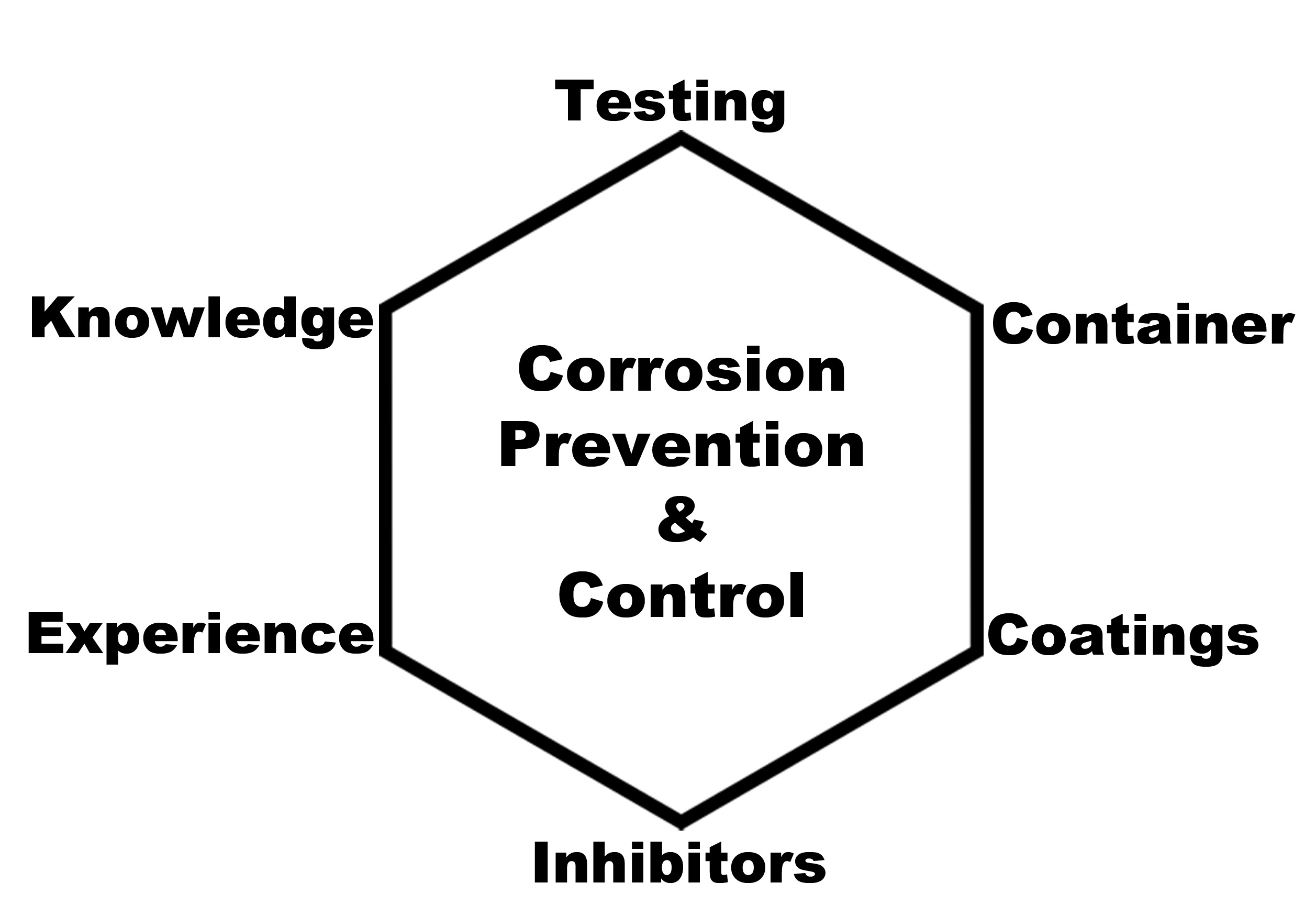
This corrosion course covers fundamental aspects of corrosion control and its prevention. The course will enable beginners to establish a solid foundation in corrosion before moving on to advanced top ...
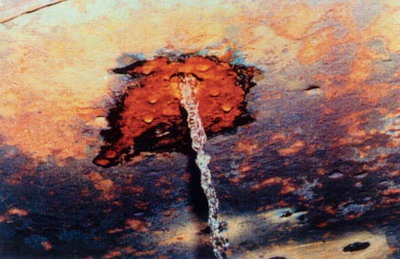
This basic corrosion course covers fundamental aspects of corrosion control and its prevention. The course will enable beginners to establish a solid foundation in corrosion before moving on to advanc ...
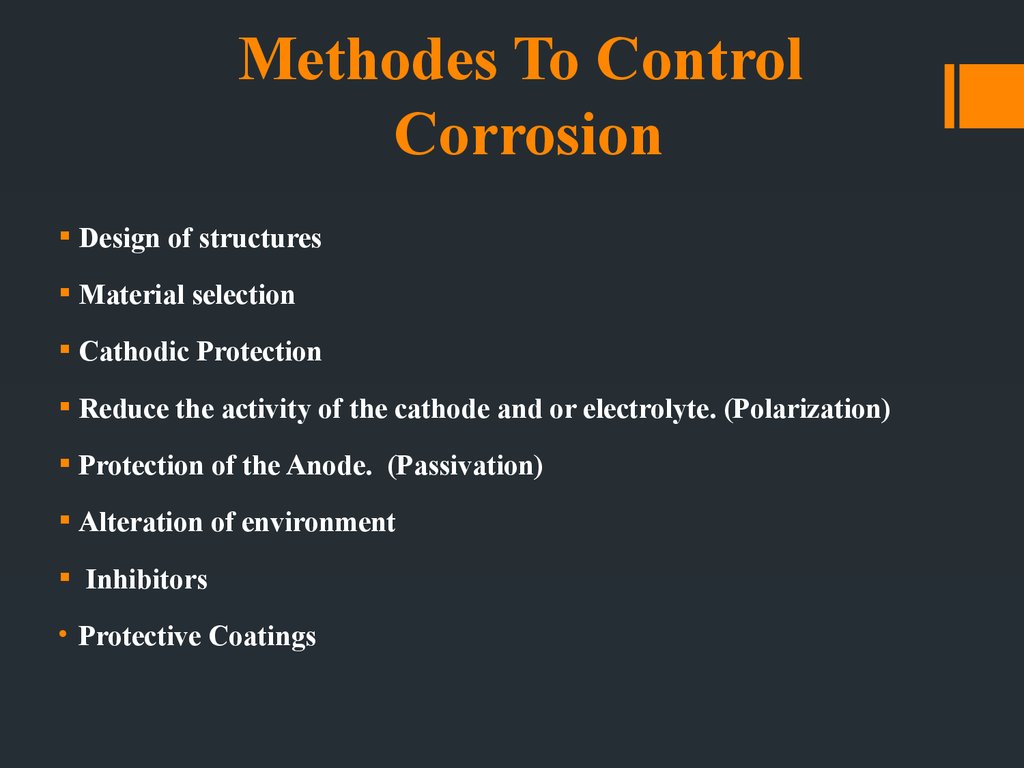
Proper selection of materials and design are most effective in cutting the cost of corrosion and achieving low cost reliability as corrosion can be designed out of the system. It is always easier and ...
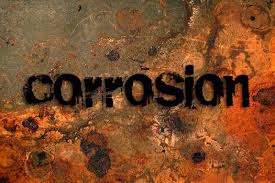
The pursuit of assets corrosion management should be an objective of any organization. The course contents fully explain the corrosion process, forms of corrosion, corrosion control within the framewo ...
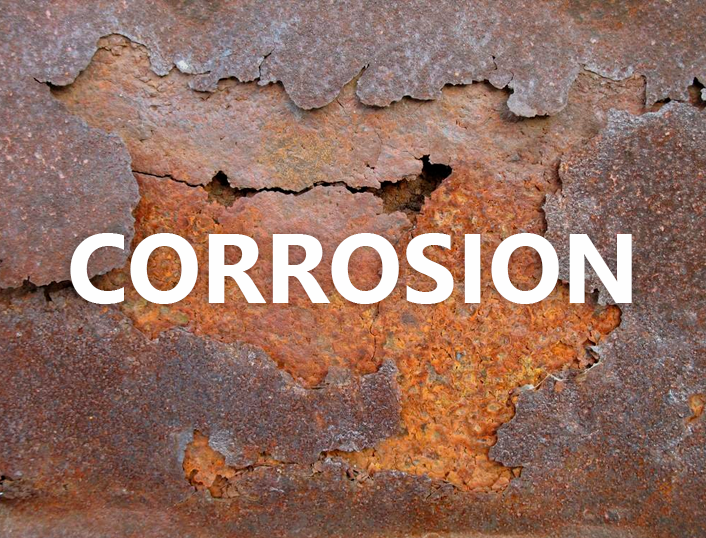
The annual losses due to corrosion and the cost of rectification run to several billion dollars in oil & gas exploration industries around the world. High production under aggressive and extreme opera ...

Corrosion problems have always presented a severe challenge to oil and gas producing operations. Operators plan for long periods of continuous production with maintenance scheduled for the prescribed ...
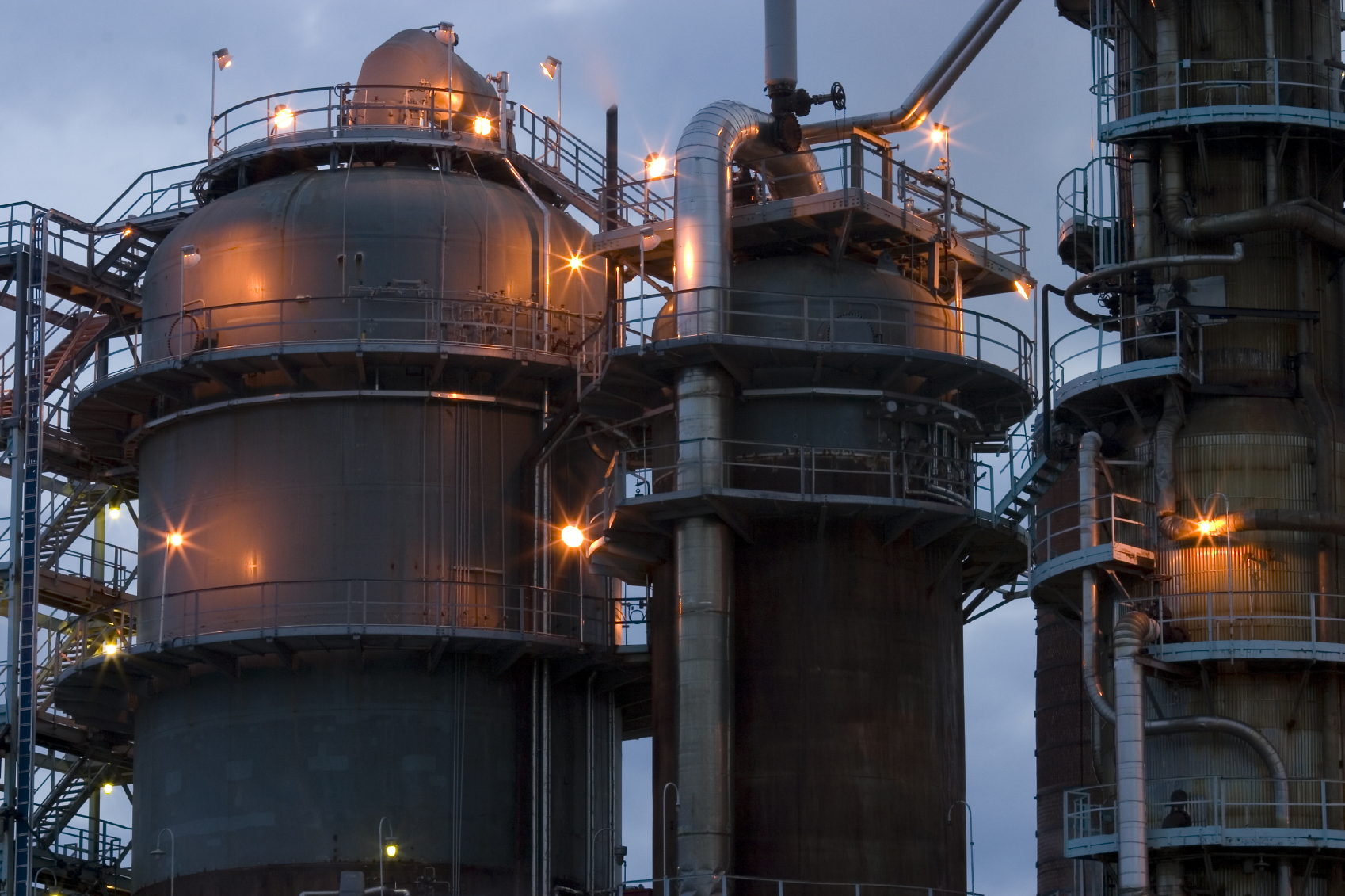
Maintaining the ageing of metallic structures such as underground pipelines, vessels, and storage tanks is a challenge to the oil and gas industry worldwide. Understanding why and how corrosion, and c ...
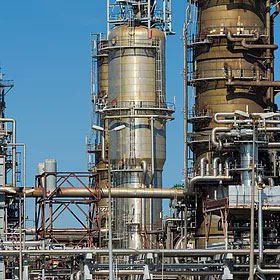
This course is designed for engineers engaged in the day to day operation and inspection of refinery. It includes, but not limited to, corrosion and inspection engineers, equipment, process, mechanica ...
.jpg)
Corrosion in pipelines is one of the major challenges faced by oil and gas industries all over the world. This has made corrosion control or management a major factor to consider before setting up any ...
Providing services with a high quality that are satisfying the requirements
Appling the specifications and legalizations to ensure the quality of service.
Best utilization of resources for continually improving the business activities.
CDGA keen to selects highly technical instructors based on professional field experience
Since CDGA was established, it considered a training partner for world class oil & gas institution
3012, Block 3, 30 Euro Business Park, Little Island, Co. Cork, T45 V220, Ireland
Mon to Fri 09:00 AM to 06:00 PM
Contact Us anytime!
Request Info